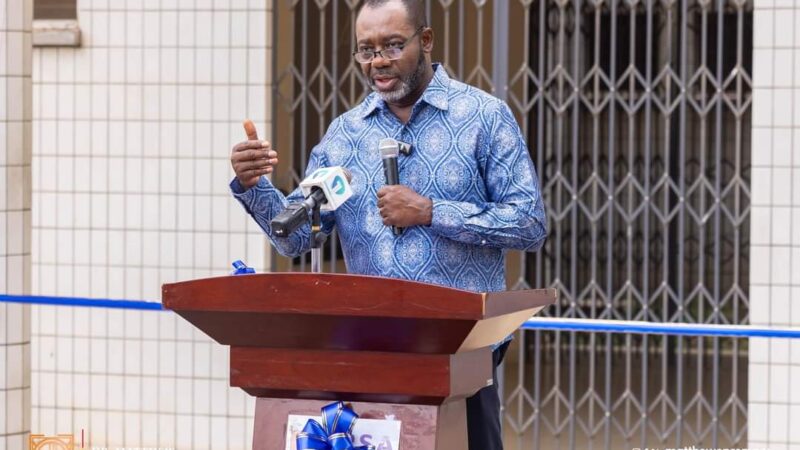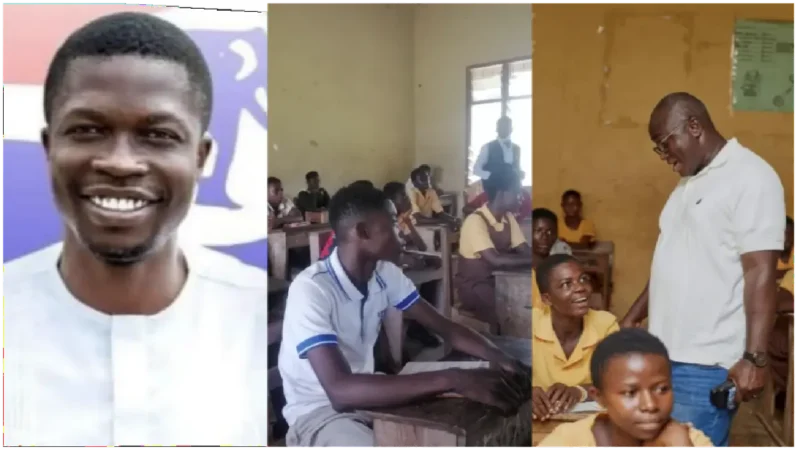What is Special Education?
Special Education refers to customized instructional programs designed to meet the unique needs of learners with disabilities. Special Education is mostly shortened as SPED. In a typical classroom situation, customized instruction means that, the teacher tailors the teaching to suit the unique needs of individual learners. This is to ensure that these learners have access to quality education in a way that accommodates their differences and promotes their full participation in society.
Special education deals with learners with physical, sensory, intellectual, emotional, and learning disabilities.
Special education focuses on:
- early identification
- assessment
- intervention
- support services
INCLUSIVE EDUCATION IN GHANA
What is Inclusive Education?
Inclusive Education is the practice of educating all learners, including those with special needs, in mainstream schools with appropriate support.
Key Features of Inclusive Education
- Equal access to education
- Removal of barriers to learning
- Teacher collaboration and training
Ghana Inclusive Education Policy (2015)
- Aims to ensure that learners with disabilities are fully integrated into regular schools.
- Emphasizes teacher preparedness and infrastructural adaptation.
Challenges Ghana Inclusive Education Policy (2015)
- Inadequate resources
- Negative attitudes
- Lack of training for teachers
TYPES OF SPECIAL EDUCATIONAL NEEDS
Visual Impairment: Partial or total loss of vision.
Hearing Impairment: Difficulty in hearing or total deafness.
Intellectual Disability: Limitations in intellectual functioning and adaptive behavior.
Physical Disabilities: Mobility issues due to limb or muscular conditions.
Speech and Language Disorders: Difficulty in communication or speech production.
Emotional and Behavioral Disorders: Hyperactivity, aggression, withdrawal.
Learning Disabilities: Dyslexia, ADHD, autism spectrum disorders.
Subscribe to GH Educate for more




